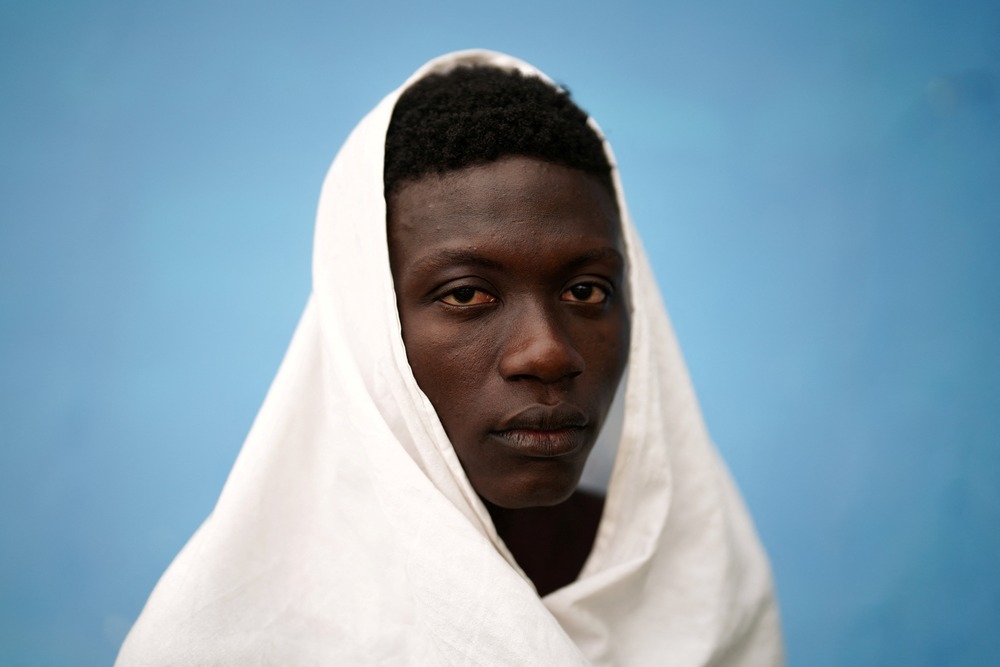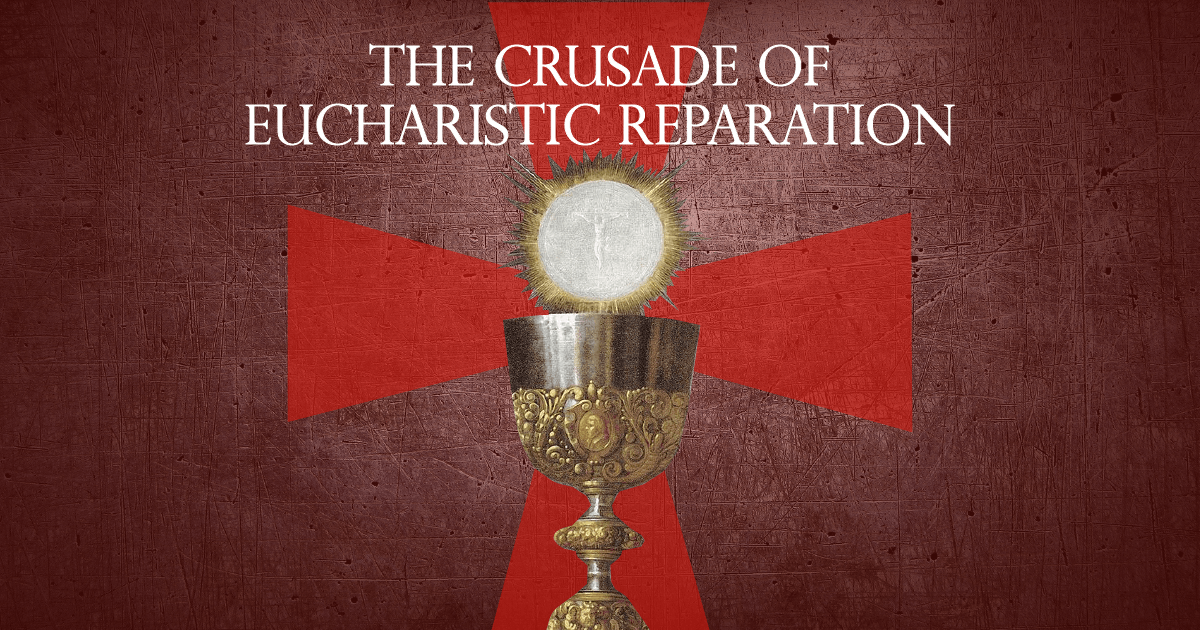Ohio bishops demand respect for migrants’ ‘infinite dignity’ amid viral false claims, threats
Ohio’s bishops are urging Catholics and all people of good will to “turn to God and ask for eyes to see the infinite dignity of every person” amid false claims surrounding Haitian immigrants in that state’s town of Springfield, which have prompted bomb threats and hoaxes. “Today, our nation is divided by partisanship and ideology, which […]



Ohio’s bishops are urging Catholics and all people of good will to “turn to God and ask for eyes to see the infinite dignity of every person” amid false claims surrounding Haitian immigrants in that state’s town of Springfield, which have prompted bomb threats and hoaxes.
“Today, our nation is divided by partisanship and ideology, which blind us to the image of God in our neighbor, especially the unborn, the poor, and the stranger,” said the bishops in a Sept. 19 statement.
“These negative sentiments are only exacerbated by gossip, which can spread quickly across social media with no concern for the truth or those involved,” the Ohio Catholic bishops said in their statement.
During a Sept. 10 televised presidential debate, former President Donald Trump — referencing an influx of some 15,000 legal Haitian migrants to Springfield — declared before 67 million viewers, “In Springfield, they’re eating the dogs. The people that came in. They’re eating the cats. They’re eating — they’re eating the pets of the people that live there. And this is what’s happening in our country.”
When debate moderator David Muir of ABC News countered the town’s city manager had advised the network there were “no credible reports of specific claims of pets being harmed, injured or abused by individuals within the immigrant community,” Trump repeated the allegation, concluding, “We’ll find out.”
The day prior, Trump’s running mate, Ohio Sen. JD Vance, had begun spreading the rumor — believed to have been introduced on social media — even as his staff was informed by Springfield officials that it was “baseless.”
Vance, who also alleged that communicable diseases had spread due to the migrants’ presence — The Wall Street Journal later reported the claim was contradicted by county health records showing communicable diseases at their lowest since 2015 — insisted in a CNN interview that he had received “firsthand accounts from my constituents” about the pet-eating claims. But he admitted to interviewer Dana Bash, “If I have to create stories so that the American media actually pays attention to the suffering of the American people, then that’s what I’m gonna do, because you guys are completely letting Kamala Harris coast.”
But Ohio’s bishops pointed to the Letter of St. James’ warning that the “tongue is a fire,” with the New Testament writer warning the faithful to consider “how a small fire can set a huge forest ablaze.”
“As the residents of Springfield, Ohio struggle with violent threats and life disruptions fueled by unfettered social media posts, we exhort the Catholic faithful and all people of goodwill not to perpetuate ill will toward anyone involved based on unfounded gossip,” they said. “Instead, we ask for prayers and support for all the people of Springfield as they integrate their new Haitian neighbors and build a better future together.”
The Ohio bishops said, “Throughout our nation’s history, Catholic immigrants have come to our shores seeking freedom to worship and raise their families.”
They quoted Pope Pius XII’s 1952 apostolic constitution, “Exsul Familia Nazarethana,” in which the pope observed, “Indeed, there never has been a period during which the church has not been active on behalf of migrants, exiles and refugees.”
The bishops also pointed to the root causes of migration, which is at record levels globally — with an estimated 281 million international migrants, according to a May report from the United Nations — due to conflict, persecution, political instability, transnational crime, economic hardship and environmental disasters.
“Today, we witness newcomers to our dioceses who have escaped extreme violence and poverty and are seeking work to support themselves and their families,” they said. “Some are Catholic, some are not, but all are welcome in our parishes, and all are individuals loved by God.
“What is our duty, as Catholics, to ensure all segments of our society, including our political leaders, view newcomers first as children of God while understanding the need to enforce reasonable limits to legal immigration?” they said. “Do we ask ourselves how we would want to be received if forced to flee our homes?”
The bishops also pointed out the Haitian migrants in Springfield targeted with these baseless rumors are legally-authorized to be there.
“Our Haitian brothers and sisters in Springfield have been granted ‘Temporary Protected Status,’ a humane federal program that protects foreign nationals from deportation to unsafe home countries,” they said. TPS aligns with the United Nations principle of non-refoulement, under which no migrant, regardless of migration status, should be returned to a nation where he or she would face torture, inhumane treatment or irreparable harm.
The bishops acknowledged that “the recent influx of so many migrants in a brief time has caused a strain on the city’s resources,” and commended “community groups working hard to advance the flourishing of Springfield, given the need to integrate newcomers into the social fabric.”
“If we remain true to our principles, we can have a dialogue about immigration without scapegoating groups of people for societal issues beyond their control,” they said.
The bishops also underscored that the Catholic Church seeks to address root causes of migration and “continues to pray and work in places of violence and economic despair so that individuals and families do not have to flee their homeland.”
The bishops also noted that “Pope Francis, like Pope Benedict XVI and Pope St. John Paul II before him, reminds us that we are all migrants on this earth headed toward the ‘true homeland,’ the Kingdom of Heaven.”
Pointing to the church’s upcoming World Day of Migrants and Refugees on Sept. 29, the bishops noted that “we are asked by the Holy Father to reflect upon the need to open our eyes to those brothers and sisters who might live in the shadows of our parishes and communities.”
“Let us reject a mindset of judging who belongs to our community and put on the mind of Christ to understand that God walks with all his people, especially those in need,” said the bishops.
The letter was signed by Archbishop Dennis M. Schnurr of Cincinnati; Bishop David J. Bonnar of Youngstown; Bishop John Michael Botean of the Romanian Catholic Eparchy of St. George in Canton; Bishop Bohdan J. Danylo of the Ukrainian Catholic Eparchy of St. Josaphat in Parma; Bishop Earl K. Fernandes of Columbus; Bishop Edward M. Lohse of Kalamazoo, Michigan, who currently serves as apostolic administrator of the Diocese of Steubenville; Bishop Edward C. Malesic and Auxiliary Bishop Michael G. Woost of Cleveland; Bishop Robert M. Pipta of the Byzantine Catholic Eparchy of Parma; and Bishop Daniel E. Thomas of Toledo.














